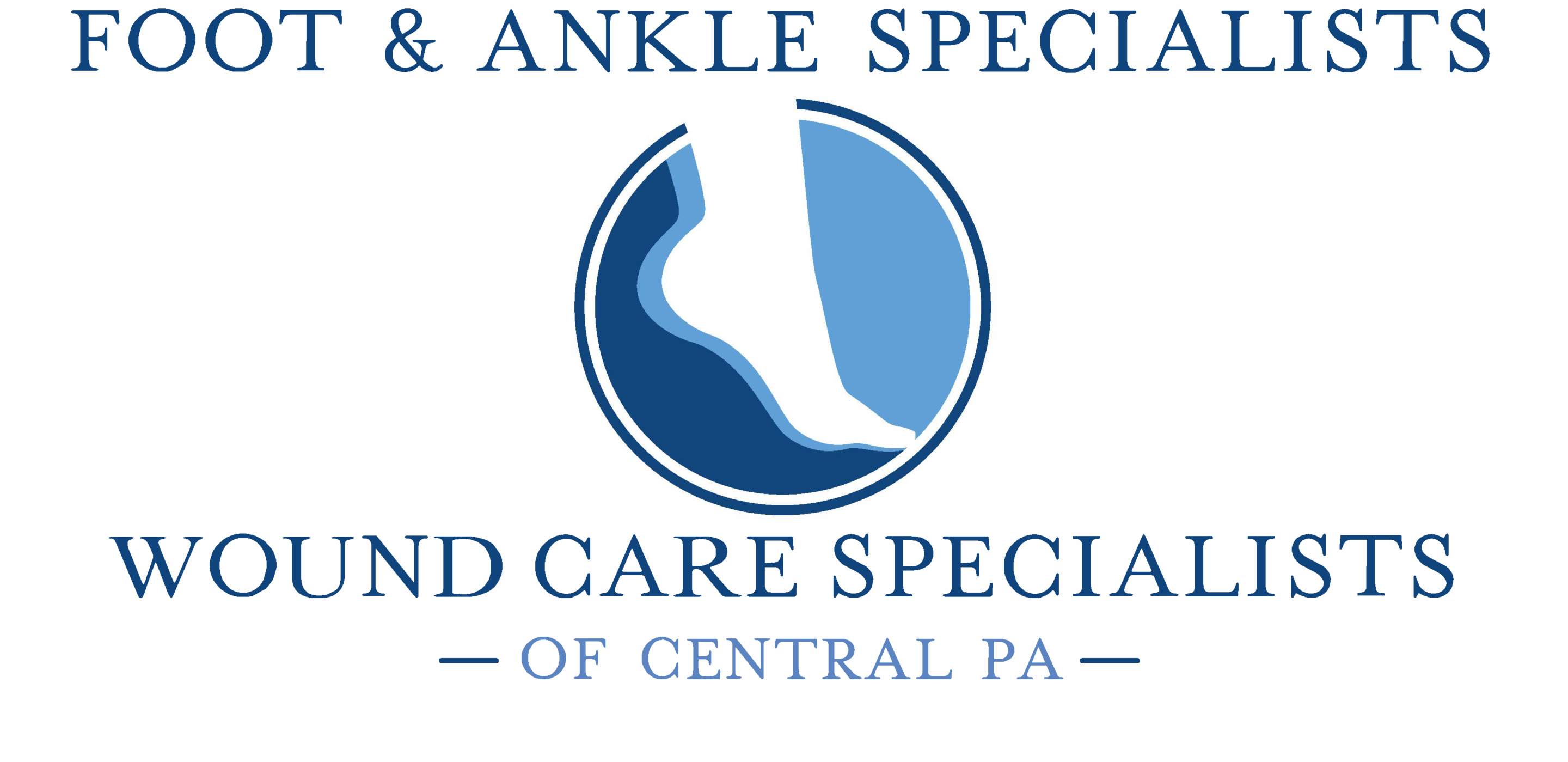Heel Pain
If you suffer from pain in your heels, you are certainly not alone. When it comes to heel pain, there are many potential causes and various factors as to why you may be experiencing such pain.
What is heel pain?
Heel pain can be defined as any sort of discomfort or pain that is felt in the heel region of the foot. This type of pain can range from mild to severe, and can even become debilitating if it is left unchecked.
There are many different conditions and injuries that can lead to heel pain, which we will discuss in more detail below.
What are some common causes of heel pain?
There are many potential causes of heel pain, and often times more than one factor can contribute to the development of this condition. Some common causes of heel pain include:
- Achilles tendonitis: This condition is an overuse injury of the Achilles tendon. The Achilles, which connects the calf muscle to the heel bone, can be overused or be exposed to repetitive stress, which may then result in Achilles tendonitis.
- Plantar fasciitis: This condition is characterized by the inflammation of the plantar fascia. This is a band of tissue that runs along the bottom of the foot from the heel bone to the toes. As with Achilles tendonitis, this condition can be caused by overuse.
- Stress fractures: Stress fractures in the heel can be caused by excessive or repetitive stress on the heel bone. This type of injury typically affects athletes involved in high-impact sports, such as running or jumping.
There are many other potential causes of heel pain, including injuries, arthritis, and even obesity.
Heel pain treatment options
When it comes to treating heel pain, there are a number of options available. These treatment options can be divided into two broad categories: non-surgical and surgical.
Non-surgical treatments include things like rest, cold therapy, massage therapy, laser therapy, and exercise.
- Rest: Resting the foot can help to relieve pressure and allow the area to heal. Rest may mean completely avoiding activities that aggravate your heel pain. It could also just mean reducing your overall level of activity.
- Cold therapy: Applying a cold pack to the heel can help to reduce pain and inflammation.
- Massage therapy: Massaging the heel can also help to reduce pain and inflammation.
- Laser therapy: Utilizing the FDA-approved MLS Laser Therapy treatment we can stimulate your body’s natural regenerative process. It is quick, pain-free, and effective
- Exercise: Exercise is important for overall health, but it can also be helpful in treating heel pain. Stretching and strengthening exercises can help to relieve pain.
Surgical procedures are usually reserved for more severe cases of heel pain that do not respond well to other forms of treatment. Some common types of surgeries used to treat heel pain include tendon debridement, plantar fasciotomy, and stem cell injections.
The best way to determine the most appropriate treatment for your specific case of heel pain will depend on the underlying cause. You also need to consider the severity of your symptoms.
It is important to consult with a healthcare professional in order to get a proper diagnosis. They will then be able to develop a treatment plan that is best suited for your individual needs.
When to reach out to a podiatrist
If you are experiencing heel pain, especially if you have sharp pain at the bottom of your heel, it is important to seek out the help of a podiatrist right away.
Podiatrists are specialists in treating conditions and injuries related to the feet, including heel pain. They can diagnose the underlying cause of your heel pain and recommend a course of treatment that will help relieve your discomfort and promote healing.
Schedule a free consultation with Foot & Ankle Specialists
It’s important that you don’t wait if you are experiencing heel pain. If this is you, why not meet with one of our trained specialists for a free consultation. As one of the leading foot and ankle specialists of central PA, we provide top-quality care for patients with a wide variety of ankle and foot injuries and conditions.
Book your appointment or speak to one of our specialists at 717-620-8225.


